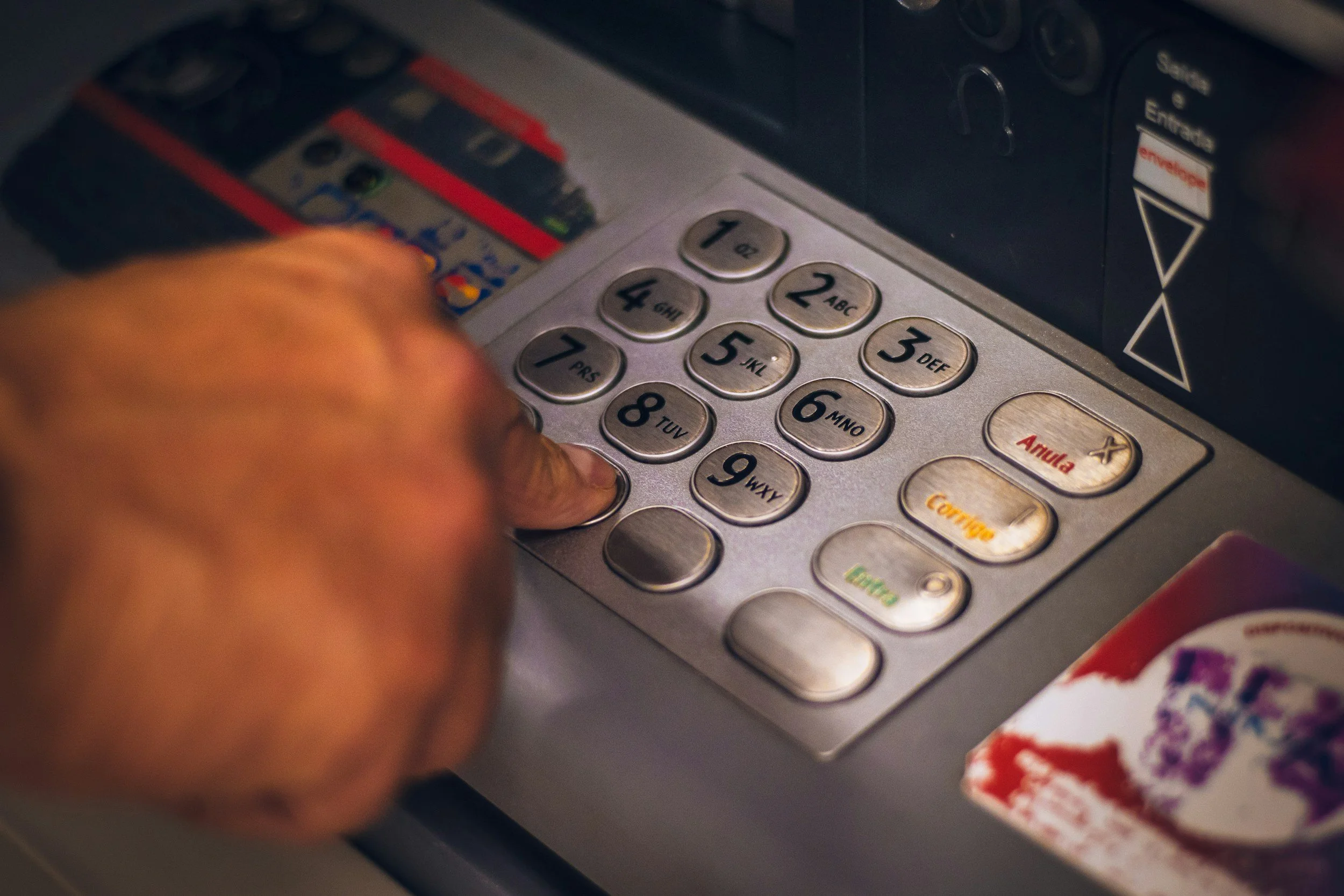
White-Collar Defense
The White-Collar Defense Blog highlights recent developments and analysis from white-collar cases around the country, including healthcare fraud, procurement fraud, cryptocurrency fraud, computer fraud, securities fraud, commodities fraud, import fraud, insider trading, investment fraud, and money laundering.

Medicaid Fraud Primer: Medicaid vs. Medicare, Federal Charges, Investigations, Evidence, Schemes, and Defenses
A short primer on Medicaid fraud investigations and cases: how Medicaid differs from Medicare, what constitutes Medicaid fraud, who investigates Medicaid fraud, how Medicaid fraud cases are charged federally, what evidence is used, common schemes, and common defenses.

Cryptocurrency Money Laundering Charges and Investigations: Federal Statutes and Defense Strategies
Cryptocurrency money laundering cases involve far more than digital asset transfers. These cases turn on intent, control, and how federal prosecutors apply traditional statutes like 18 U.S.C. §§ 1956, 1957, and 1960 to blockchain-based activity. This in-depth analysis explains how the DOJ and law enforcement agencies build crypto money laundering cases using blockchain analytics, exchange records, and device evidence. It also outlines the defense strategies that matter most, including challenges to tracing, attribution, forfeiture, and jurisdiction.

Insider Trading on Prediction Markets: Next up for DOJ
Trading on prediction markets with material nonpublic information can create significant insider-trading and fraud exposure under federal law. As prediction markets continue to influence public narratives and financial decision-making, they are increasingly likely to become a focal point for insider-trading investigations.

Border Searches of Electronic Devices in 2025 and a look into 2026
A border search of an electronic device, like an iPhone, allows law enforcement agents to inspect a traveler’s digital data without a warrant. But the scope of that authority, and the level of suspicion required, varies across the federal circuits. This inconsistency in the law creates a fractured and increasingly consequential landscape for privacy and navigating criminal investigations.

On the Enforcement Horizon: Fraud and Manipulation in Chinese ADRs
An in-depth analysis of how U.S. enforcement agencies, including the SEC and DOJ, are pursuing market manipulation and fraud cases involving Chinese ADRs traded on NASDAQ. The article explains ADR structures, common fraud schemes, evidentiary strategies, and defense approaches in parallel investigations.

Up next for DOJ: Healthcare Fraud in Autism Services
In Minnesota, autism-services fraud has moved from rumor to charges. Expect additional cases in this area to come down the pike in the next six months. Learn the ins and outs of these cases in this short primer.

Defending Against a Temporary Restraining Order (TRO) Freezing Cryptocurrency Wallets
Defending against a TRO in crypto cases is complex. It involves a mix of federal civil procedure, digital asset tracing, constitutional protections, and evidentiary challenges. The following outline walks through key issues, defenses, and strategies for defending against a TRO levied against a crypto wallet that allegedly holds fraud proceeds.

Cryptocurrency Fraud Recovery: Pursuing a Legal Claim against a Cryptocurrency Exchange
This guide explains the legal framework, practical challenges, and procedural steps involved in suing a cryptocurrency exchange or financial institution for failing to prevent or address fraudulent transactions.

Up next for DOJ: Import Fraud
A Primer for Facing Federal Import Fraud or Customs Evasion Charges

Bitcoin Treasury Companies: Fraud on the Horizon
Bitcoin Treasury Companies Are Rising Fast — But So Are the Risks

Defending against an alleged violation of the Anti-Kickback Statute
A quick primer on what the Anti-Kickback Statute covers and how to defend against alleged violations of it.

Bank Fraud: Mounting a Defense
Defending against allegations of bank fraud requires sophisticated counsel who can identify and exploit weaknesses in the government’s case.

Healthcare Fraud Defense: Protect Your Practice and Freedom
A primer for individuals about healthcare fraud and how to defend against allegations of it.

Insider Trading: A primer for individuals to understand its definition and defenses.
In the complex world of securities trading, few violations carry as severe consequences as insider trading. Criminal penalties can reach up to 25 years in prison, and civil fines can extend into millions of dollars. Understanding what constitutes insider trading has therefore become essential for anyone involved in financial markets.

Another EDNY decision striking down a warrantless border search of an iPhone
Judge Nina Morrison in EDNY recently published another decision striking down federal agents’ authority to conduct a warrantless “border search” of an iPhone. She held that “the government must have a warrant and probable cause to search a cell phone at the border.”

Healthcare Fraud: Up Next for DOJ
The Wall Street Journal’s article about a criminal healthcare investigation of UnitedHealth by DOJ’s Healthcare Fraud Section signals renewed emphasis on corporate healthcare investigations and continued scrutiny of Medicare Advantage programs.

Procurement Fraud Defense: On the Law-Enforcement Horizon
With DOGE and fraud, waste, and abuse at the forefront of most public statements by Trump Administration officials, it is a near certainty that an uptick in federal investigations and indictments for procurement fraud cases will follow. Defending procurement fraud cases requires knowledge of the relevant statutes, know-how in deconstructing them, and trial skills.

Subpoenas in a Healthcare Investigation
Receiving a subpoena in a healthcare investigation can be a daunting event. It may be the first time that law enforcement has surfaced and provided an indication that someone is involved in healthcare investigation. There are several “must do’s” to respond correctly and protect your rights.

DOJ Cryptocurrency Enforcement Memo: Shifting Priorities and Protecting “Retail Investors”
The 2025 DOJ cryptocurrency enforcement strategy took a major turn with the release of a memorandum from the Deputy Attorney General on April 7, 2025. The memo, titled Ending Regulation by Prosecution, outlines a new approach to investigations and prosecutions involving digital assets, signaling a sharp departure from the prior Administration’s enforcement priorities.

False Claims Act (FCA) Update: DOJ Files Suit for Wound Care Fraud
The Department of Justice recently filed a False Claims Act wound care case against Vohra Wound Physicians Management LLC, its founder Dr. Ameet Vohra, and related entities, alleging a widespread scheme to overbill Medicare for medically unnecessary and misclassified wound care services. The case reflects DOJ’s ongoing commitment to enforcing the False Claims Act in the healthcare industry, particularly in cases involving improper billing practices and threats to the integrity of federal healthcare programs.
